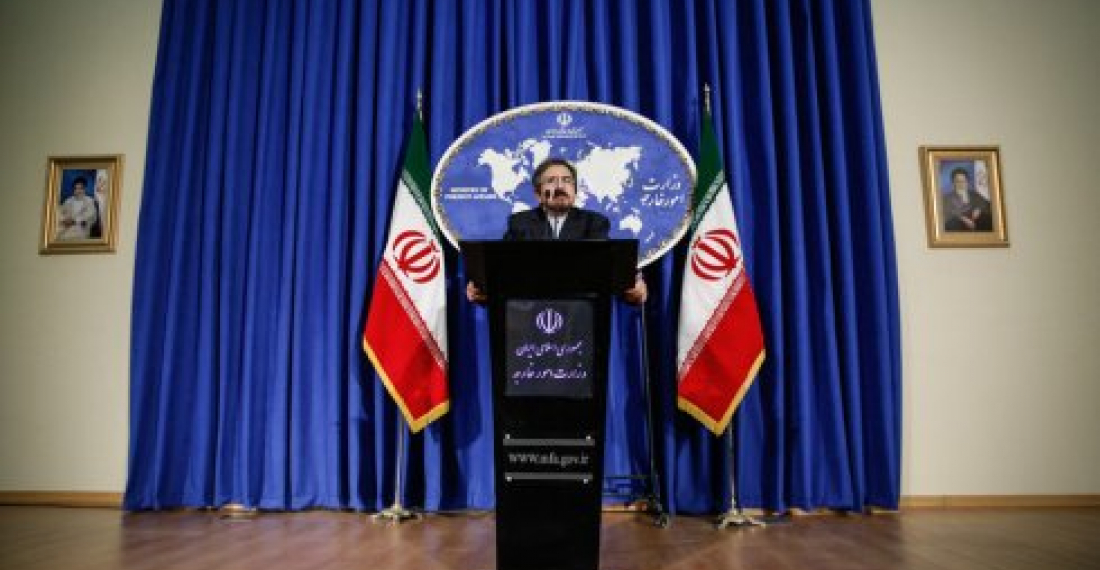There is evidence that Iran has been embarrassed by the news leaked from Moscow last week that Russian planes were using an Iranian military base to bombard Syria. The issue has caused controversy in the Iranian parliament and the air sortees have now been halted.
An Iranian Foreign Ministry spokesman said on Monday said that Tehran and Moscow have not signed a document on using the Iranian air base to fly sorties over Syria.
"Russia made a request to use Iran's territory to battle against terrorists in Syria, and because the two countries share some common grounds in areas like fighting terrorism, they got our temporary permission for that," Bahram Qassemi told reporters.
Russia has now stopped using Nojeh air base [also known as Hamadan Air base] in western Iran for strikes in Syria, he said.
"Now, the deployment is temporarily finished" and Russia's use of the base has ended, the diplomat said, adding, "Russia has no base in Iran."
Last week long-range Russian Tupolev-22M3 bombers and Sukhoi-34 fighter bombers used the Nojeh air base, located near Hamadan in Western Iran,, to launch air strikes against Islamist rebels in Syria
The Tehran Times pointed out that this was the first time a foreign power had used an Iranian base since World War II.In the meantime Interfax news agency on August 22 quoted Russia's ambassador to Tehran, Levan Dzhagaryan, as confirming that all of Moscow's warplanes have been withdrawn from Iran.
Dzhagaryan said, however, that he does "not see any reason" why the Russians can't use the Iranian base again.
Earlier, Iran's defense minister criticized Russia for publicizing its use of the Iranian base for attacks in Syria, saying it was "kind of show off and ungentlemanly". According to Radio Free Europe, Iran state TV quoted General Hossein Dehghan on August 22 as saying that the "Russians seek to show that they are a superpower."
Commonspace.eu political editor said that "the use of Iranian military bases by a foreign power is an extremely sensitive issue for the Iranian leadership which has for decades based its legitimacy on its claim of success in ridding Iran of foreign domination. The matter has caused embarrassment to the government of president Rohani and provoked criticism in the Iranian parliament. Rohani met President Putin in Baku earlier this month, and the two sides unveiled ambitious plans for future co-operation. But Tehran is wary of being seen as a part of Moscow's strategic plans, especially at a time when it has started healing its relations with western countries. Russian insensitivity would therefore have not been appreciated."
source: commonspace.eu with Tehran Times and agencies
photo: Iranian Foreign Ministry spokesman Bahram Qassem speaking to reporters in tehran on 22 August (picture courtesy of Mher News Agency)






